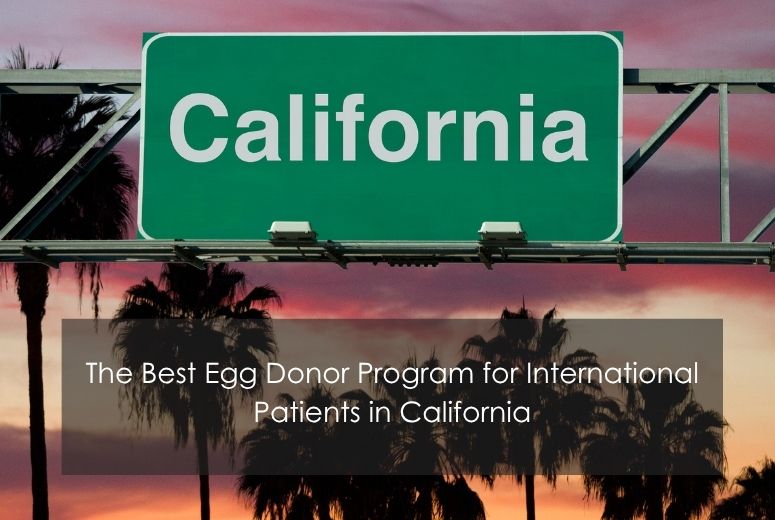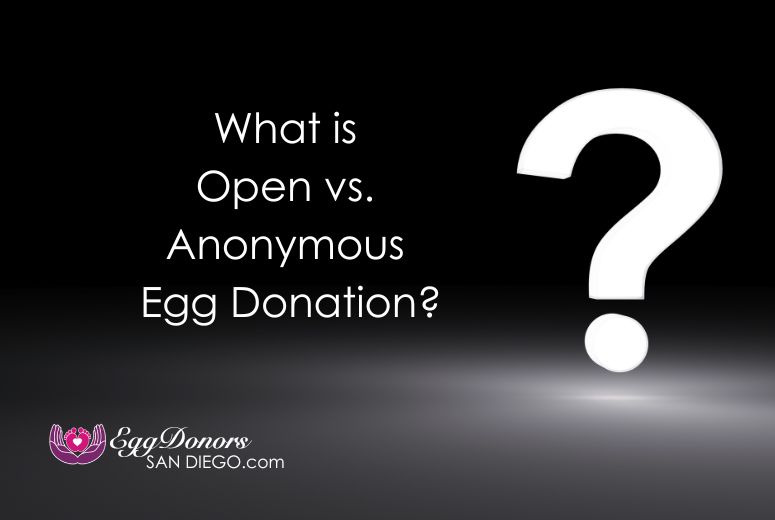Understanding the Financial Aspects
Egg donation offers a unique opportunity for women to make a lasting impact on the lives of intended parents while experiencing a journey of personal empowerment. One of the most frequently asked questions about this process involves the financial aspects—how much do egg donors get paid? Let’s explore the details of compensation within the context of egg donation while maintaining a focus on the broader emotional and societal significance of this gift.
What is the Egg Donor Matching Process?
The egg donor matching process is a meticulous and personalized approach designed to align the specific needs of intended parents with a qualified donor. Each fertility clinic or egg donation agency employs its criteria and steps to ensure the right match is made.
According to Dr. Minoos Hosseinzadeh, founder and medical director of Fertility Institute of San Diego, “Matching a donor to the recipient is about more than just physical traits. We consider genetic history, health, and personal values to ensure a holistic connection that benefits both parties.”
By working closely with fertility clinics like FISD, intended parents can feel confident that their selected egg donor has been vetted through a thorough egg donor selection process.
The Importance of Egg Donor Selection and Criteria
The process of choosing an egg donor is driven by several important criteria, all of which help safeguard the health and success of the donation. Egg donors undergo an in-depth medical, genetic, and psychological evaluation to ensure they meet the requirements established by fertility clinics.
Some key egg donor requirements include:
- Age: Typically between 21 and 32 years old.
- Health: Donors should be in good physical and mental health.
- Lifestyle: Non-smokers with a healthy lifestyle.
- Genetic History: A family medical history free of significant hereditary conditions.
Egg donors are often selected based on specific physical or personal traits desired by the recipient. Egg donor profiles provided by clinics often highlight these traits, allowing intended parents to review multiple potential donors before making their final choice.
Why Become an Egg Donor?
Egg donation is a life-altering decision, both for the donor and the intended parents. For the donor, it offers a chance to contribute meaningfully to someone’s journey to parenthood. Many donors express a sense of pride and fulfillment from being able to help others in such a profound way.
Dr. Hosseinzadeh explains, “Many women are drawn to egg donation because they see it as a way to make a positive difference. The financial compensation is certainly a factor, but the emotional reward is often what resonates most deeply with our donors.”
The Egg Donation Process: What Does It Entail?
The egg donation process can seem complex at first, but fertility clinics guide donors through every step.
- Screening and Evaluation: Donors undergo physical and psychological evaluations to ensure they meet the clinic’s stringent criteria.
- Matching: Donors are matched with intended parents based on medical, genetic, and personal factors.
- Ovarian Stimulation: Donors self-administer medication to stimulate egg production, which requires frequent monitoring by the fertility clinic.
- Egg Retrieval: Once the eggs are ready, a minimally invasive procedure is performed to retrieve them.
- Post-Retrieval Care: Donors may experience some mild side effects but are generally able to resume normal activities within a few days.
Understanding the Emotional Impact
Egg donation isn’t merely a medical transaction; it is an emotionally charged experience. Egg donation agencies and clinics work closely with donors to ensure they understand the emotional implications of the process. Dr. Hosseinzadeh emphasizes, “We want our donors to feel supported throughout their journey. Egg donation is deeply personal, and we ensure that every step of the process is approached with empathy and care.”
What Factors Influence Egg Donor Compensation?
While each egg donor’s compensation can vary based on factors like location, demand, and experience, there are several consistent elements that determine how much donors are paid. These include:
- Location: Some regions, like San Diego, may offer higher compensation due to the demand for egg donors in the area.
- Experience: Repeat donors or those with exceptional health and genetic traits may receive higher compensation.
- Fertility Clinic or Agency: Compensation can vary between clinics and egg donation agencies, depending on the resources available and their policies.
However, it’s important to emphasize that while financial compensation is a part of the process, it is far from the primary motivator for most donors.
Common Misconceptions About Egg Donation
There are several misconceptions about egg donation, particularly when it comes to financial compensation. One common myth is that the process is solely about monetary gain. In reality, most egg donors are driven by the desire to help others and make a difference. Dr. Hosseinzadeh adds, “The decision to become an egg donor often stems from a personal sense of altruism. Donors recognize that they are offering a gift far greater than any financial compensation.”
FAQ: Your Questions Answered
Egg donors must typically be between 21 and 32 years old, in good physical and mental health, and have a clear medical history.
The entire process, from initial screening to egg retrieval, usually spans about 2 to 3 months.
No, compensation varies depending on the donor’s location, experience, and specific egg donor criteria.
While egg donation is generally safe, there are some risks, including mild discomfort after retrieval and rare complications from ovarian stimulation.
In most cases, egg donation agencies handle the matching donor to recipient process, but some donors may express preferences.
Egg donation is a powerful way to help intended parents build their families, with financial compensation being just one part of the equation. If you are considering becoming an egg donor and want to learn more about the emotional, medical, and financial aspects, it’s important to consult with a trusted fertility clinic.
If you’re ready to start your fertility journey, please book a complimentary virtual consultation with Dr. Hosseinzadeh to discuss your options or any reproductive healthcare questions. Click here.









